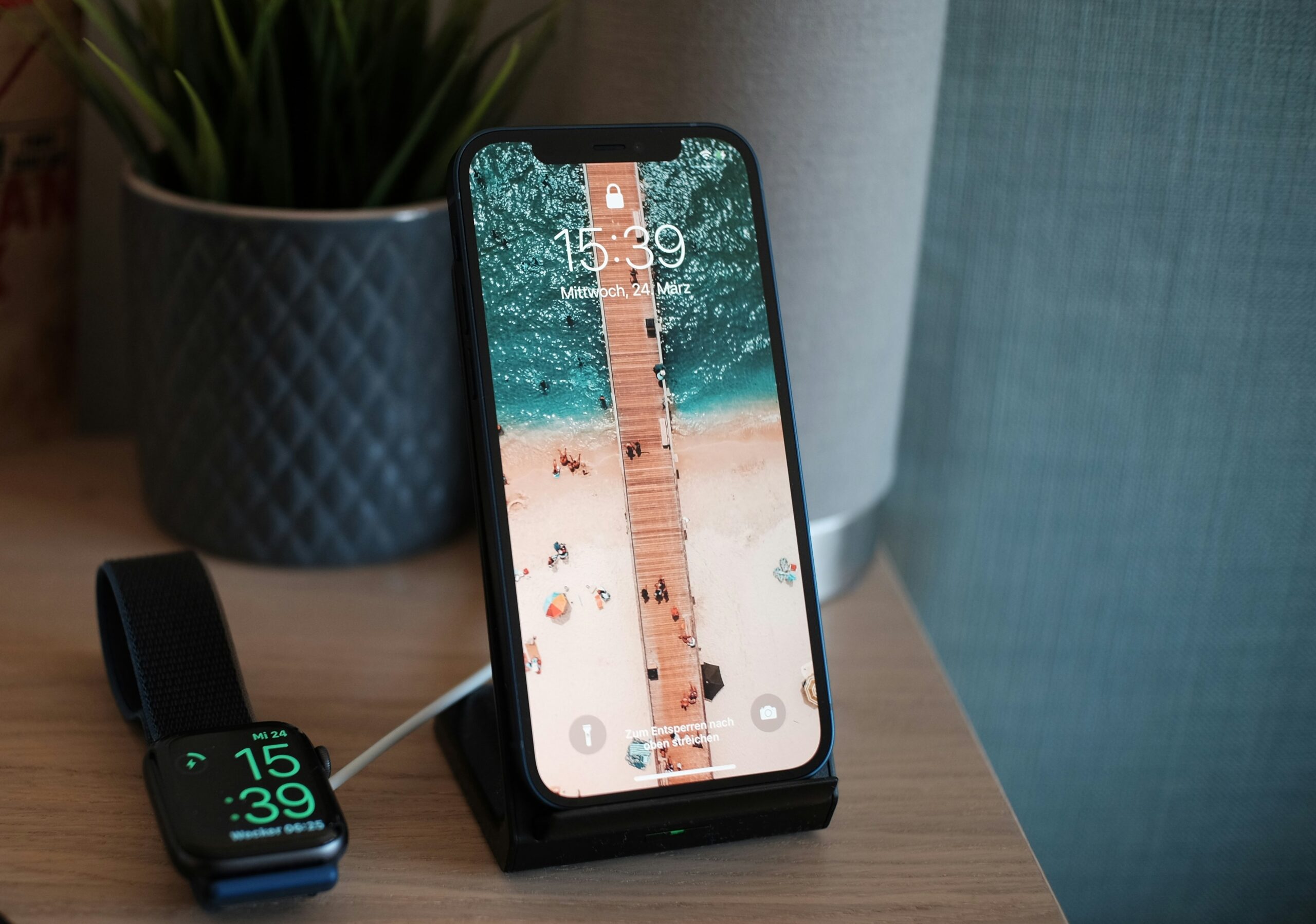Food matters
Your body?
It’s a machine.
A complicated, beautiful, brilliantly constructed machine.
It can create.
It can create ideas and art and strategy and fears and blockbuster films and fishing boats and businesses and norepinephrine and relationships.
But it can’t create everything.
We call the things it can’t create essential nutrients.
These are the the things your body can’t make on its own.
Which means
If you don’t eat them
Then you don’t get them.
And if you don’t get them
Your body dies.
Simple.
And sometimes what is essential changes. Because your body changes.
Experiences? Diseases? Conditions? They can shift what’s “essential” for you.
So yeah, food matters.

Calories Are GOOD
Your body is a battery.
It needs to be charged, just like your phone.
Every day you’re spending energy—
Keeping your heart beating.
Keeping your brain thinking.
Fighting off disease.
And food?
Food is plugging your body in.
Eating food is charging your battery.
And when it gets too empty
Your body’s energy turns red.
Things break down.
Your brain slows.
Your immune system struggles.
Your cells panic.
Calories are energy.
That’s it.
Calories are the electricity that charges your body.
So calories are GOOD. They keep you living.
And breathing.
Too little energy and you feel awful. So eating is good.
Food is GOOD.
Calories are GOOD.
The Big 3
Just like with your phone, you need the right charger.
Because there are different kinds of energy.
Hooking your phone up to a nuclear plant would fry it.
Hooking it up to a car battery would fry it.
Hooking it up to a AA wouldn’t even work, not enough juice.
But people try this all the time.
They give their bodies the wrong kind of energy.
And often, not enough energy.
Not enough juice.
So their body slowly dies, just like a phone.
Over years.
It’s hard to tell, but it’s happening.
So how do we fix this?
What do we need?
3 big things.
Proteins
Carbs
Fats
We call them macronutrients because you need them in large amounts.
They’re essential, your body can’t create them.
They charge you.
Fully Charged
Macros are the right charger.
The good energy.
The good calories.
And macros are based on
Age. Sex. Height. Weight. Activity level.
Here’s what your unique, gorgeous, specific body needs. You need two numbers to start:
Basal Metabolic Rate (BMR) – The energy you burn just existing. Sitting. Breathing. Keeping your organs running. This is what people mean when they talk about metabolism.
Total Daily Energy Expenditure (TDEE) – Your BMR plus your movement. Every step. Every gesture. Every action = extra calories burned.
So.
To figure out your BMR, here’s what you do.
Convert your weight to kg. Take your weight in lbs x 0.45359.
Convert your height to cm. Take your height in inches x 2.54.
Now let’s find your BMR.
Women:
BMR = (9.5634 × weight in kg) + (1.8496 × height in cm) – (4.6756 × age) + 655.0955
Men:
BMR = (13.7516 × weight in kg) + (5.0033 × height in cm) – (6.755 × age) + 66.473
Great now let’s find your TDEE.
Activity level = sedentary: 1.2, light: 1.375, moderate: 1.55, active: 1.725, athlete: 1.9
TDEE = BMR x activity level
Want to maintain weight? Eat your TDEE.
Want to gain weight? Eat 500 calories over your TDEE.
Want to lose weight? Eat 500 calories under your TDEE.
And if you do that every day for a week?
That’s 3,500 calories.
Which is roughly one pound of fat lost. Or gained.

Micros
Tiny.
Powerful.
Necessary.
Micros help us see in the dark.
Micros help wounds heal.
They do all sorts of things we don’t even realize—until we don’t have enough of them.
Vitamins. Minerals. The invisible ingredients of life.
After over 50 year of research, we finally have a list of micros we need.
Vitamin A (μg) 900
Vitamin D2 (μg) 20
Vitamin E (mg) 15
Vitamin K1(μg) 120
Vitamin C (mg) 90
Vitamin B1 – Thiamin (mg) 1.2
Vitamin B2 – Riboflavin (mg) 1.3
Vitamin B3 – Niacin (mg) 16
Vitamin B6 (mg) 1.7
Folate (mg) 0.4
Vitamin B12 (μg) 2.4
Biotin (μg) 30
Vitamin B5 – Pantothenic Acid (mg) 5
Potassium (mg) 4700
Chloride (mg) 2300
Calcium (mg) 1300
Phosphorous (mg) 1250
Magnesium (mg) 420
Iron (mg) 18
Zinc (mg) 11
Copper (mg) 0.9
Manganese (mg) 2.3
Selenium (μg) 55
Chromium (μg) 35
Molybdenum (μg) 45
Iodine (μg) 150
Choline (mg) 550
Logging Food = Looking Fit
Across all nutrition research of the past 50 years, one thing is clear.
Logging your food makes you fit.
That one simple act.
Is enough.
The best food logger on the planet is Cronometer.
Let me know if you want me to be your accountability coach. I’ll check in on you and send recommendations for $5/week. Sign up here.
But how much should you eat?
Protein – about 1.6 to 2.2 grams x your weight in kg
Carbs – 3 to 8 grams x your weight in kg
Fats – 0.5 to 1.5 grams x your weight in kg
Why the ranges?
Because everyone’s goals are different.
And everyone’s body is different.
And everyone’s life is different.
If you’d like a hand with this, let me know.
I’d love to coach you, $20 per week for full nutrition coaching.
